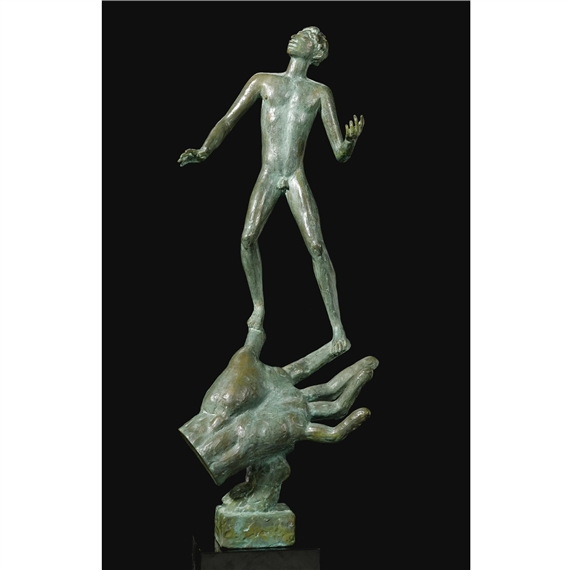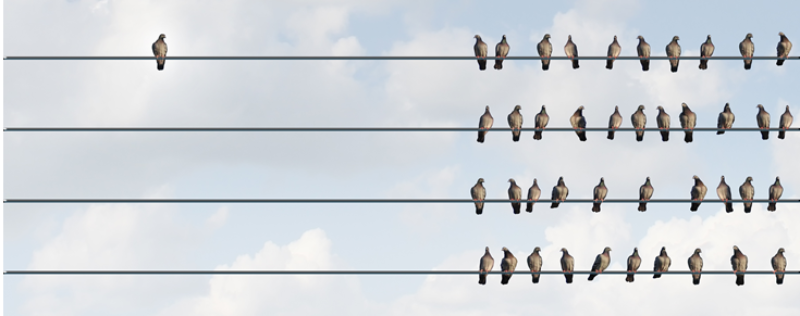 The good news is I think I’ve secured a beautiful place for Nancy, Shanti, and I to live long term. Will find out for sure later this week when we learn what insurance will pay us.
The good news is I think I’ve secured a beautiful place for Nancy, Shanti, and I to live long term. Will find out for sure later this week when we learn what insurance will pay us.
The bad news is that I continue to deeply mourn what we’ve lost. You’ll probably think me silly, but what I really miss most are my books. They weren’t just pages glued and bound – they were intimate friends. Thomas Merton, Henri Nouwen, Brennan Manning, Pema Chodron, Abraham Heschel, Thich Nhat Hanh, Carl Jung, Joseph Campbell, Joan Chittister, Parker Palmer, Lao Tzu, Red Pine, Hafiz, Rumi, Irvin Yalom, Robert Farrar Capon, Thomas Moore, John O’Donoue, and a host of others – men and women I’ve never met, yet all who have profoundly contributed to the shaping and crafting of my soul.
I know, the books can be replaced. But it’s not really the books, it’s my highlighting, underlining, and marking questions on their pages that I mourn. They were my refuge when life got the better of me and I lost my way. They called me back to my Center. I feel like I’ve lost my mooring. My recorded dialogue and arguments with these beautiful wisdom teachers is gone forever, burned to ash.
So staying here at the Millers, I have access to my friend Randy’s library. He has a different set of spiritual guides, ones with whom I’m not so familiar. I’m currently reading one his books called “What Jesus Meant” which is Erik Kolbell’s take on the Beatitudes.
I’m captivated by Kolbell’s insights into the second Beatitude, “Blessed are those who mourn …” He writes, “Our lives are lived in a series of lives and deaths, comings and goings, gains and losses.” He unpacks this beautiful line with a rich passage on childbirth. Just as a child is pushed from the safety and security of her mother’s womb into the uncertainty of life as we know it, she releases the first primal wail of surrender to the impermanence of our existence. This loss of what we know to be security is followed by an endless series of losses – a favorite blanket, toys, leaving home for school, friends made at school, the insecurity of finding work, a life partner, aging and the loss of mobility, until the final loss of life itself. We mourn them all.
He suggests that while, “Life is arbitrary, God is not … God does not engineer suffering and loss but rather calls us to redeem it, to die into something.” Kolbell’s point is that all these losses do cause pain as we are ripped from whatever has helped us feel safe and secure, but they are also doorways into the Great Next. Such is the human condition.
Maybe all of these life mournings are preparation for the Great Morning we call Death?
Maybe my mourning over lost books isn’t really bad news after all?
